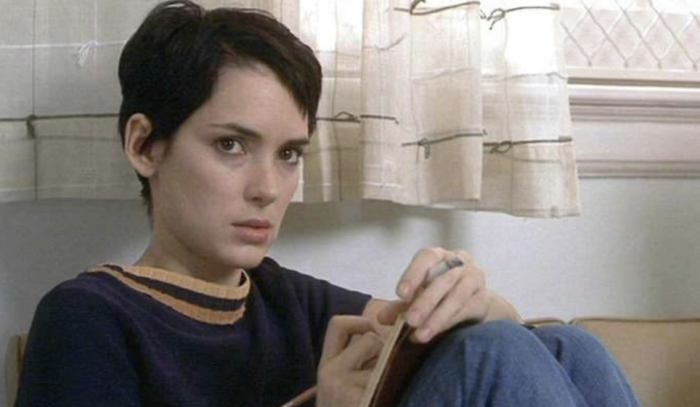It hasn’t been long since I realized that I’m an overthinker.
Only when anxiety has got the best of me, I’ve made sure that my ordinary thinking pattern sometimes crosses its natural track.
Any overthinker who’s reading this now surely relates. We’re good at turning situations more difficult and asking irrational questions.
It feels as if there’s another person within us who constantly turns us against reasoning. We open an inner monologue with ourselves that never seems to end—only sleeping may stop the excessive thought pattern.
As an active overthinker, it’s challenging to delineate when a healthy introspection turns into a destructive rumination. A simple reflection time can become a vicious cycle within seconds.
The truth is, we may not be able to stop overthinking, but I have found ways to cope with it. My recent struggles with anxiety have forced me to seek a way out.
I hope it will be of benefit for any person who can’t easily get out of their heads:
1. Notice when you start overthinking.
Overthinking is an arduous journey, but the good news is that we can notice once we embark on it. It only takes a few moments of awareness to pay attention to the toxic thinking pattern.
How can we spot overthinking? Keep in mind the words “back and forth.” When we start repeating the same idea over again, it means overthinking has kicked in.
Let me give you an example. Normal thinking implies that two plus two equals four. That’s it. Overthinking implies that more analysis is required. When we begin to analyze, question, or evaluate the “two plus two,” we’re at the point of overthinking.
It literally feels as if we can’t get out of our heads. And we can notice ourselves creating negative or distressing images about the issue that’s concerning us.
2. Let it be.
Once you notice yourself overthinking, pause. Acknowledge that you’re overthinking without judging yourself or beating yourself up for it. The next step is tricky but crucial. I’ve found that letting my overthinking be is therapeutic. If I avoid my toxic thinking pattern or push myself to stop it, it backfires at me and catches me off guard.
Here’s the thing. Overthinking is our mind’s way to defend itself against unwanted outcomes. That said, we overthink to make ourselves feel better or to protect ourselves. So when we let ourselves overthink, we give the mind the safety it seeks.
3. Switch to reality mode.
Now that we have given the mind the treat it wants, it’s time to cope with overthinking. Switching to reality mode has always worked for me.
The ugly truth is that overthinkers almost always lose sight of reality and get sucked into an imaginary world where different scenarios take place. To escape that world, we must gain touch with reality again.
I know that we overthink because we’re afraid to miss small details that might reveal an answer or a solution to a problem. However, try to pause, take a few deep breaths, and remember that rarely do we have control over what happens next. Tell yourself that overthinking can’t solve any problem. We must be convinced that speculation only breeds more barren ideas that have no proof whatsoever.
Ask yourself, what’s the worse that could happen? Am I going to solve anything with my anxiety? Is my worry tangible? Has my overthinking helped me in anyway?
4. Observe the downsides.
We all agree that overthinking has disadvantages. There are a few moments in our day when our destructive pattern goes dormant. It feels like our mind has given us a few minutes of break. During that time, reflect on the downsides of overthinking. How has it hurt you?
This reflection has been quite effective for me lately. When I reflect on how overthinking has impacted me, I naturally feel that I shouldn’t go there again.
Remember how we space out around other people when we overthink. How our mental, physical, and emotional health deteriorates. How overthinking paralyzes us and holds us back from making the most of our day. Reflect on the problems it has created with other people and the damage it has caused us and them.
5. Journal.
Another form of therapy that has benefited me greatly. The fact is, we all want to be heard. That’s why we feel better when we visit a therapist or talk to a friend. They listen to us and, at the same time, we hear ourselves.
Journaling gives us the chance to see our problems and issues in a new light. When we put our worries and concerns on paper, we feel as if we don’t need to go back to them entirely. We feel that part of them has been solved.
When you catch yourself overthinking, try to pour it all on paper. Write what you think and read it again. Go over it as much as you like. Within your words, you might find the answer you want or the comfort that your mind is seeking.
~


 Share on bsky
Share on bsky





Read 5 comments and reply